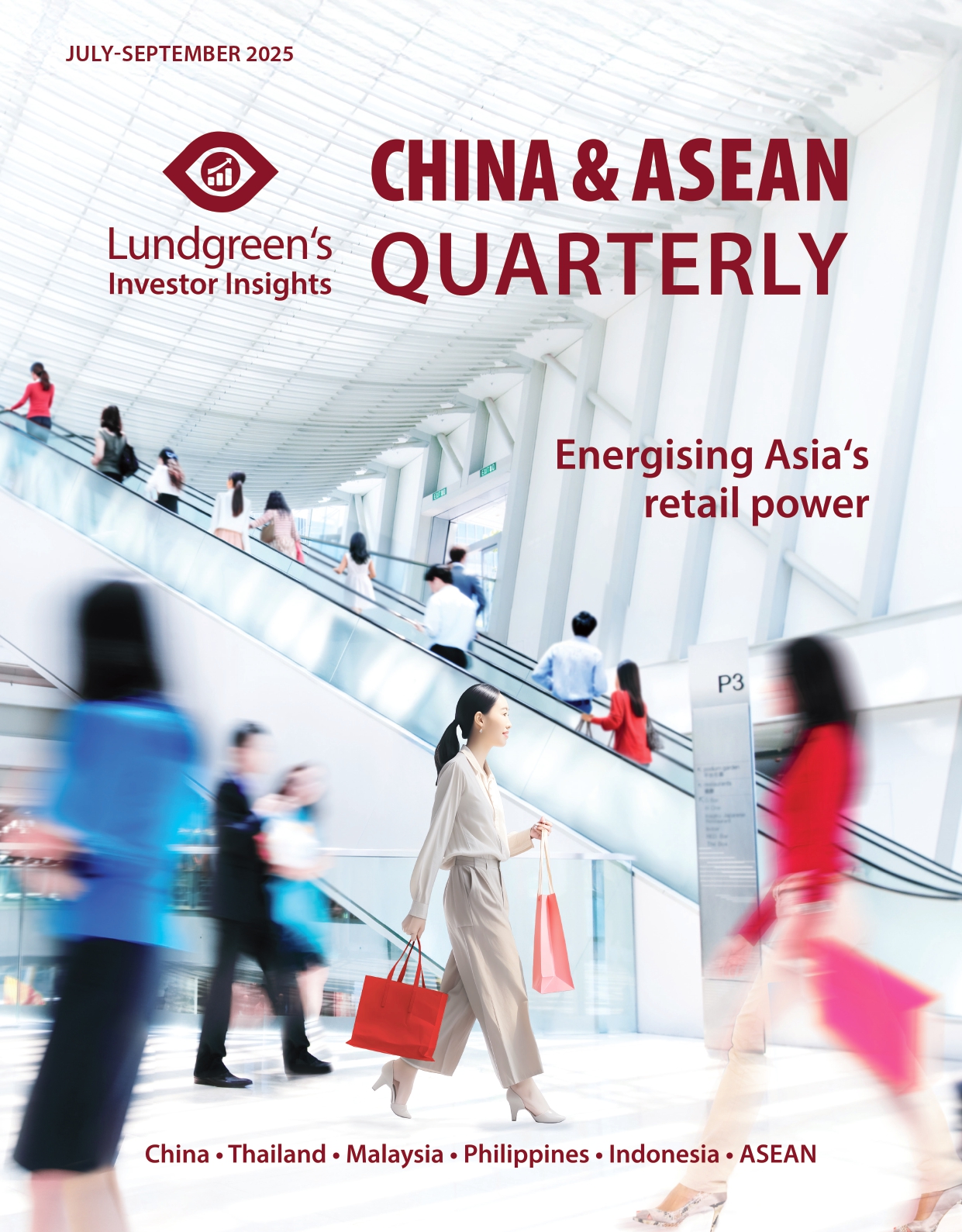The future of big tech companies in China
Technology startups in China have shown their might over the past decade with rapid-fire growth in terms of scale and market value. Chinese firms have been leading the charge in the e-commerce space globally, with companies like Alibaba and Tencent emerging as industry behemoths that were worthy challengers to American giant Amazon.
For one, Alibaba shares at the New York Stock Exchange soared by 236.8 per cent in the six years following its initial listing price. All these came crashing down after the Chinese government purposely cracked down on tech giants, claiming that these entities were behaving like monopoly players – and the industry has never been the same since.
Too big to regulate?
To say that China’s Big Tech players are promising global leaders is an understatement. In fact, these Chinese firms are being compared to FAANGs – short for US tech giants Facebook, Apple, Amazon, Netflix, and Google.
Between 2020 and 2021, however, Chinese authorities stepped in through the State Administration for Market Regulation (SAMR) with claims that these tech giants needed to be reined in for dominating the e-commerce and online services industries. It began with the suspension of Ant Group’s USD 37-million initial public offering (IPO) on the Shanghai Stock Exchange scheduled in November 2020, which was supposed to be the largest listing in world history. This came weeks after Chinese billionaire and Ant Group and Alibaba Group founder Jack Ma said in a speech how regulations in the Mainland are too risk averse and unable to catch up with private sector innovation, particularly in emerging financial technology solutions for wider inclusion. Ma has since vanished from the public eye, stepped down from the helm of Alibaba and its subsidiaries, and has had to restructure the company to comply with stiff standards set by Chinese regulators.
China would further tighten its grip on internet companies and tech startups in succeeding years, often investigating these firms for suspected anticompetitive behaviour. In 2021, Beijing slapped an RMB 18 billion (USD 2.8 billion) fine on Alibaba after the SAMR’s review, equivalent to 4 per cent of domestic sales of the online shopping giant that year. Similar investigations were conducted targeting other firms, with the probe applying to past mergers and acquisitions as early as 2012 despite the SAMR only being established in 2018. These probes ended with a RMB 3.44 billion (USD 533 million) penalty for Tencent-owned Meituan, an online food delivery service that reportedly forced vendors to sign exclusive partnership agreements with their platform; as well as multiple sanctions on online search engine Baidu for failing to disclose previous deals.
The regulator said the flagged transactions did not lead to reduced competition in their respective industries, but they were still penalized over the risk of abusing market power. This Big Tech crackdown sent shockwaves to global investors who were once more than eager to bet on Chinese startups and cash in on their rapid growth.
China’s SAMR said it is prioritising consumer welfare as tech monopolies could leave them with fewer options to shop at higher costs. However, one can argue that the robust expansion of some homegrown technology firms is driven by their agility and capacity to innovate, and not just by gobbling up their competitors.
The need to regulate – or, as some would call it, over-regulate – may also stem from China’s socialist roots, with the state approaching wealth redistribution with strong government intervention. This is not exactly compatible with perking up investor sentiment.
Lessons learned
China has picked up a lesson or two from this stock market wipeout, beginning with its decision to lift ultra-strict requirements covering Big Tech. However, the damage has been done as the whole ordeal erased some USD 1 trillion in market valuation for tech stocks.
Tencent shares shed 44 percent of its market cap between its peak price of USD 743.97 in January 2021 to USD 417 as of end-2024, as seen in Graph 1. For Alibaba, the stock price slid by 80 per cent between October 2020 and October 2022, while the value of shares at Meituan fell by 86 per cent in three years coming from its February 2021 high.

In comparison, the per-unit price of Amazon shares has soared by 37 per cent over the last four years.
There is also the unquantified effect of prospective listings that did not push through, spooked by the threat of heavy-handed state regulation. Debt watcher S&P has flagged increased regulatory scrutiny through 2024 as an unshakable barrier that is holding back domestic IPOs in China, with companies looking to list elsewhere – such as the US and Hong Kong – rather than at home.
Graph 2 shows the declining number of public listings across China’s stock exchanges since 2021, as well as a drop in aggregate amounts raised beginning 2022.

China has dialled down on its tech crackdown. But by now, sentiment has gone bad – and, combined with the more challenging global environment post-pandemic, made it less attractive for Chinese companies to go public.
Big Tech firms in China are still far from their peak share prices from three years ago, but it is undeniable that valuations will continue to pick up again in the months and years ahead. Investors should take the cheap stock prices as an opportunity to enter or expand their positions in China. Despite the increased volatility we anticipate heading into 2025, we remain optimistic about growth in this region especially in China as growth remains upbeat. Even if the 5 per cent GDP growth goal were to be missed in 2024, it would still be more profitable to invest in rather than in places like the zero-growth eurozone.






